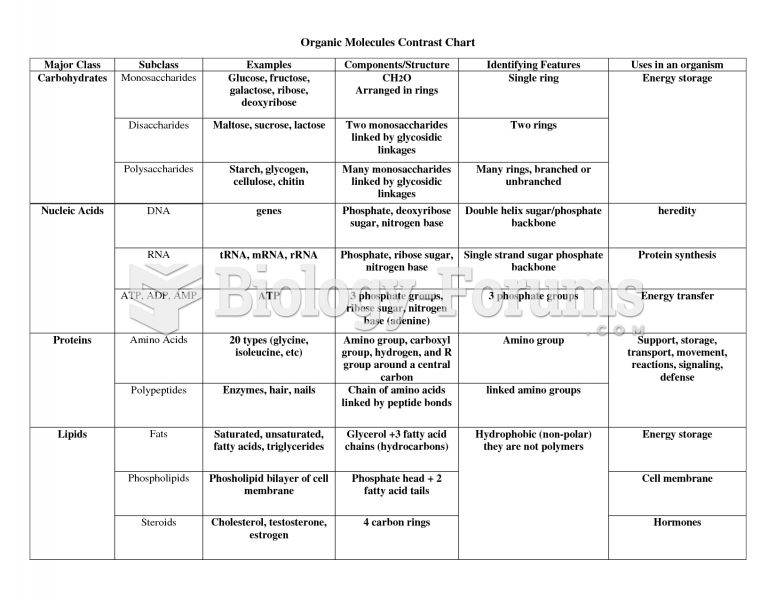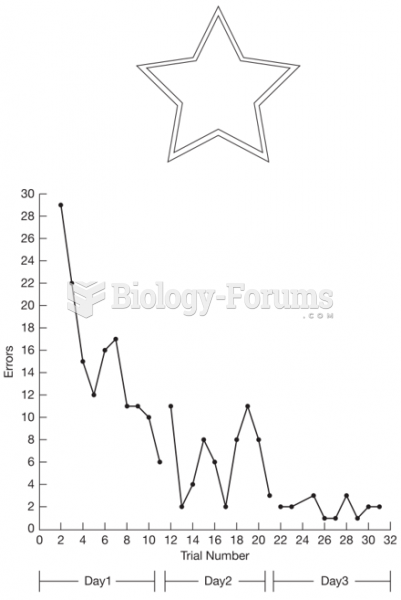Answer to Question 1
In recall tasks, you must produce a fact, word or other item from memory.
In recognition tasks, you must select or otherwise identify an item as being one that you learned previously. Recognition memory is usually much better than recall: We are better at recognizing things than at producing what exactly we saw or heard.
Some psychologists refer to recognition-memory tasks as tapping receptive knowledge. Receptive means responsive to a stimulus.. In a recognition-memory task, you respond to stimuli presented to you and decide whether you have seen them before or not. Recall-memory tasks, in which you have to produce an answer, require expressive knowledge. Differences between receptive and expressive knowledge also are observed in areas other than that of simple memory tasks (e.g., language, intelligence, and cognitive development).
Answer to Question 2
The levels-of-processing (LOP) framework is a radical departure from Atkinson and Shiffrin's multistore model of memory. The LOP framework suggests that memory does not comprise three or even any specific number of separate stores, but rather it varies along a continuous dimension in terms of depth of encoding. In other words, there are theoretically an infinite number of levels of processing at which items can be encoded through elaborationor successively deeper understanding of material to be learned. There are no distinct boundaries between one level and the next. This model emphasizes processing as the key to storage. The level at which information is stored will depend, in large part, on how it is encoded. Moreover, the deeper the level of processing, the higher, in general, is the probability that an item may be remembered







